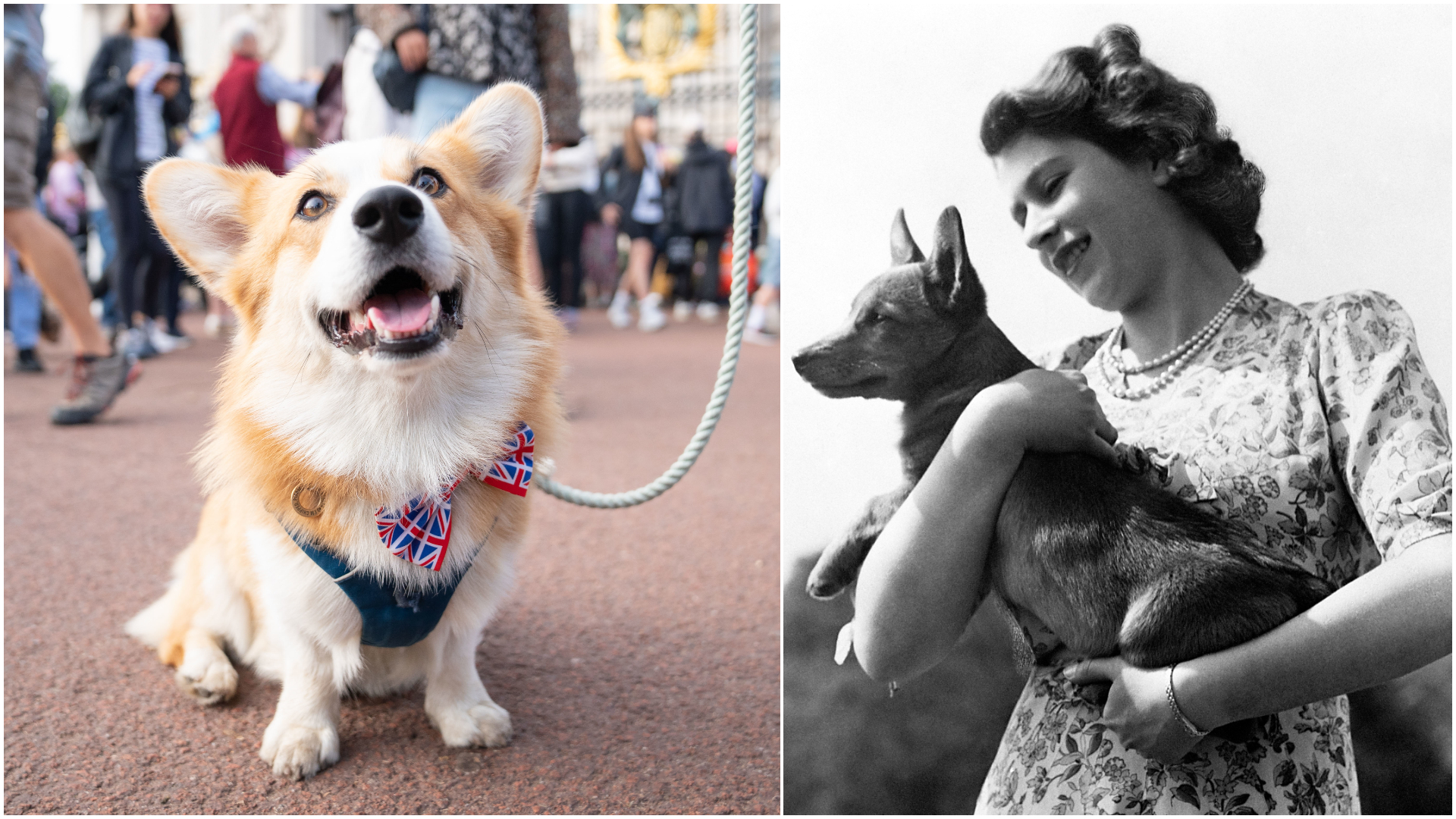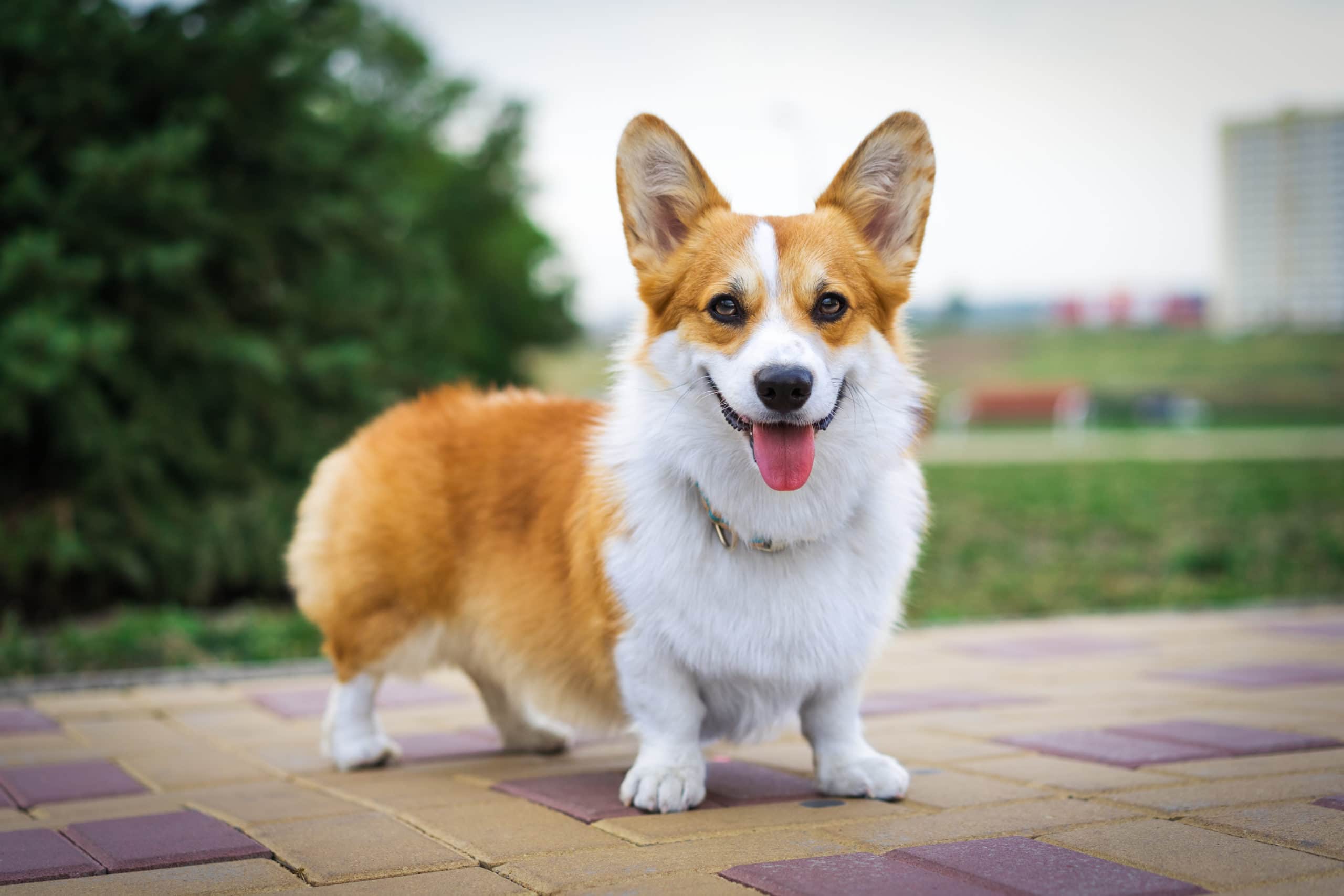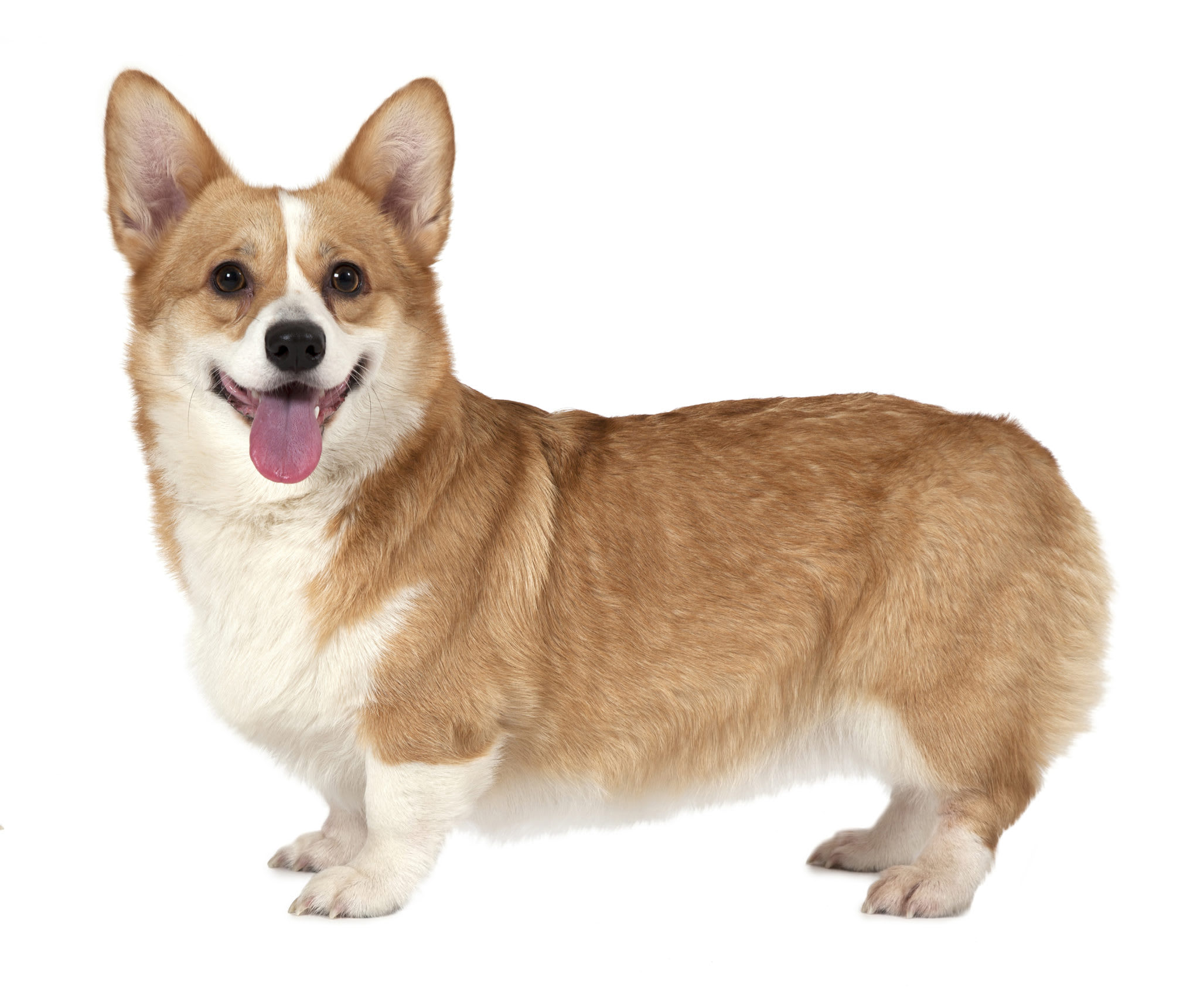Pembroke Welsh Corgis: Unwavering Companions, Unconditional Loyalty
Introduction:
Pembroke Welsh Corgis, known for their diminutive stature, fox-like features, and unwavering loyalty, have captivated the hearts of dog enthusiasts worldwide. Their intense connection with their owners is a testament to the profound bond shared between humans and animals. This essay delves into the intricacies of corgis' loyalty, exploring the scientific, psychological, and anecdotal evidence that sheds light on this remarkable trait.
Chapter 1: The Science of Loyalty
Instinctive Behavior:
Corgis are descendants of herding dogs, bred to work alongside humans in managing livestock. Their inherent instincts predispose them towards companionship and loyalty. Studies have shown that herding breeds possess an elevated capacity for forming attachments to their human counterparts.
Socialization and Early Environment:
The early socialization experiences of corgis play a crucial role in shaping their loyalty. Positive interactions, consistent training, and a nurturing environment cultivate a strong bond between the dog and its owner. Corgis raised in stable and loving homes tend to exhibit greater loyalty throughout their lives.
Oxytocin: The Bonding Hormone:
When a corgi interacts with its owner, oxytocin is released in both parties. This hormone is known to promote bonding, trust, and affection. The reciprocal nature of oxytocin release creates a positive feedback loop, reinforcing the corgi's loyalty to its human companion.
Chapter 2: Psychological Perspectives
Attachment Theory:
Attachment theory, developed by John Bowlby, posits that individuals develop secure attachments to their primary caregivers in early childhood. Corgis, forming deep bonds with their owners, can be seen as having formed a secure attachment-like relationship with their human. This attachment provides a sense of comfort, safety, and protection, which contributes to the dog's unwavering loyalty.
Social Cognitive Theory:
Social cognitive theory suggests that animals, including corgis, learn through observation and imitation. They may observe their owners' positive interactions with other individuals and learn that loyalty is a valued trait. This cognitive process can further strengthen the corgi's loyalty to its owner.
Survival Instincts:
From a survivalist perspective, it is advantageous for corgis to be loyal to their owners. They rely on humans for food, shelter, and companionship. By being loyal, they increase their chances of survival and access to resources.
Chapter 3: Real-World Anecdotes and Case Studies
Historical Accounts:
Pembroke Welsh Corgis have been prized for their loyalty throughout history. The breed was a favorite of the British royal family, with the Queen Mother being particularly devoted to her corgis. Their steadfast companionship has been documented in numerous historical accounts.
Military and Service:
Corgis have served alongside humans in various capacities, including as military dogs and therapy dogs. Their unwavering loyalty and ability to provide comfort have made them invaluable companions in challenging environments.
Owners' Testimonials:
Numerous corgi owners attest to their dogs' exceptional loyalty. They recount stories of their corgis protecting them from harm, comforting them during difficult times, and staying by their side through thick and thin.
Chapter 4: Critical Analysis and Alternative Perspectives
Breed Differences:
While corgis are generally known for their loyalty, it is important to recognize that individual dogs may exhibit different levels of loyalty based on factors such as genetics, socialization, and personal experiences. Not all corgis will display the same degree of unwavering companionship.
Owner Expectations:
Owners' expectations can play a significant role in shaping the perceived loyalty of their corgis. Some owners may expect excessive loyalty, attributing human-like emotions and behaviors to their dogs. It is crucial to maintain realistic expectations and understand that dogs have inherent limits in terms of loyalty and comprehension.
Environmental Factors:
Environmental factors can also influence a corgi's loyalty. Dogs subjected to abuse, neglect, or inconsistent care may exhibit reduced loyalty or may become protective of themselves rather than their owners.
Chapter 5: Conclusion
The loyalty of Pembroke Welsh Corgis is a complex trait influenced by a myriad of factors, including genetics, socialization, psychology, and personal experiences. Scientific evidence, psychological perspectives, and real-world anecdotes support the notion that corgis possess a strong capacity for forming deep attachments with their owners. However, it is essential to acknowledge that loyalty is not absolute and can vary among individuals and across different contexts.
The unwavering companionship of corgis offers valuable insights into the human-animal bond and the profound impact pets can have on our lives. Their loyalty reminds us of the importance of trust, affection, and the enduring power of a bond forged between two different species. As we continue to study and appreciate the intricacies of corgi loyalty, we gain a deeper understanding of the complexities of animal behavior and the unique partnership between humans and their furry companions.
How Australian Shepherds Are Perfect For Mental Stimulation Games
The Beagle’s Role In Therapy And Emotional Support
The Genetics Behind The American Bobtail's Short Tail
)


